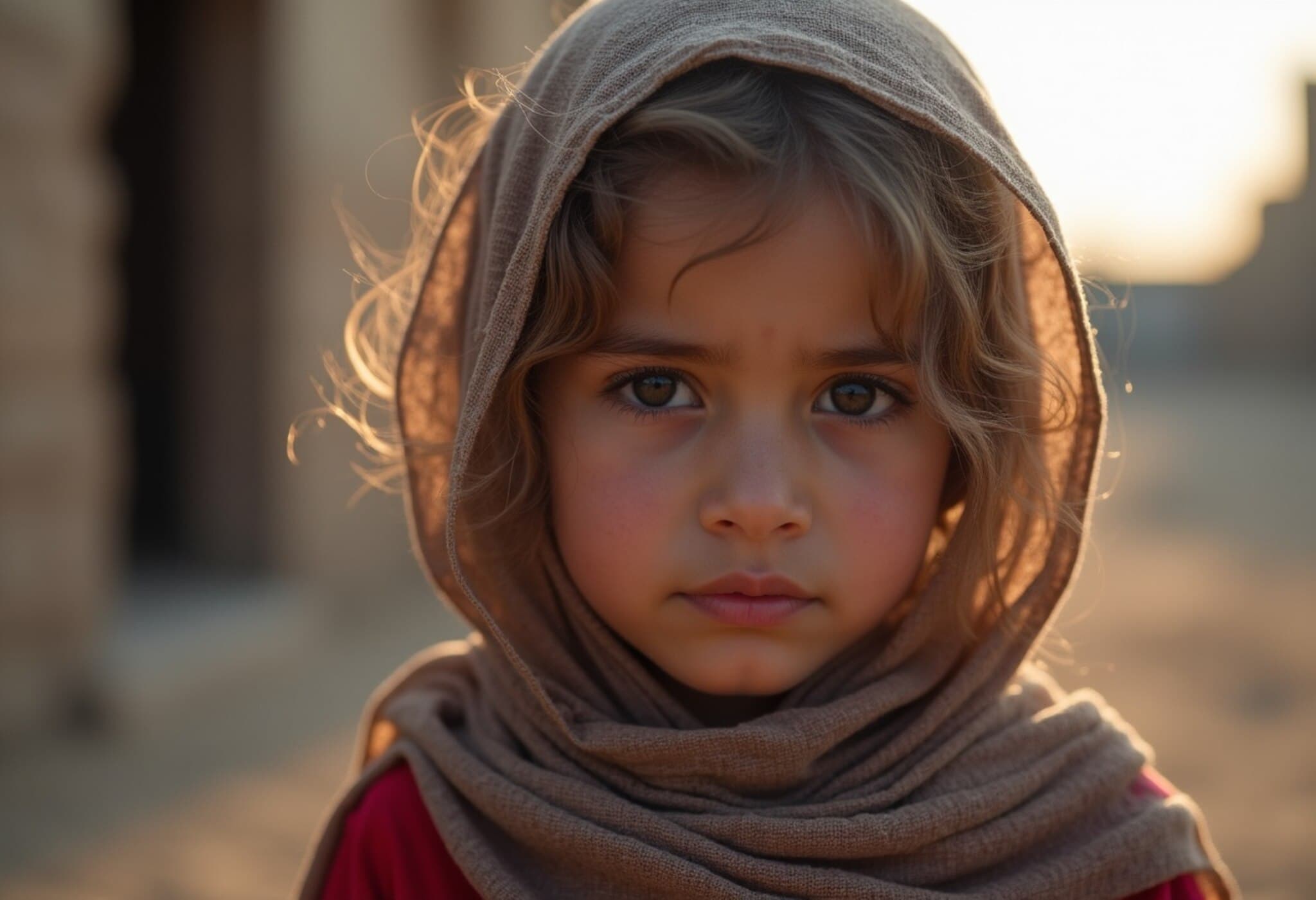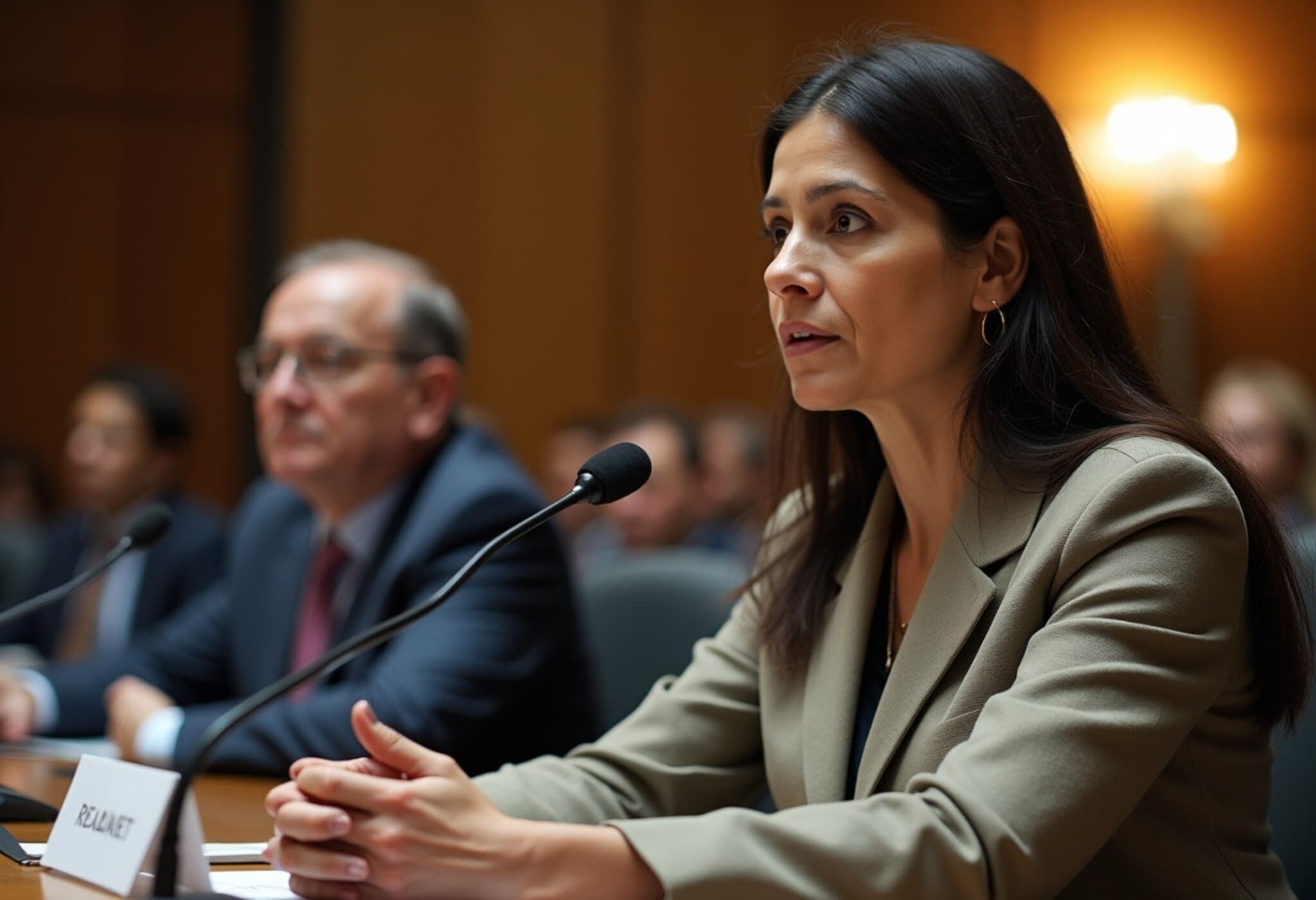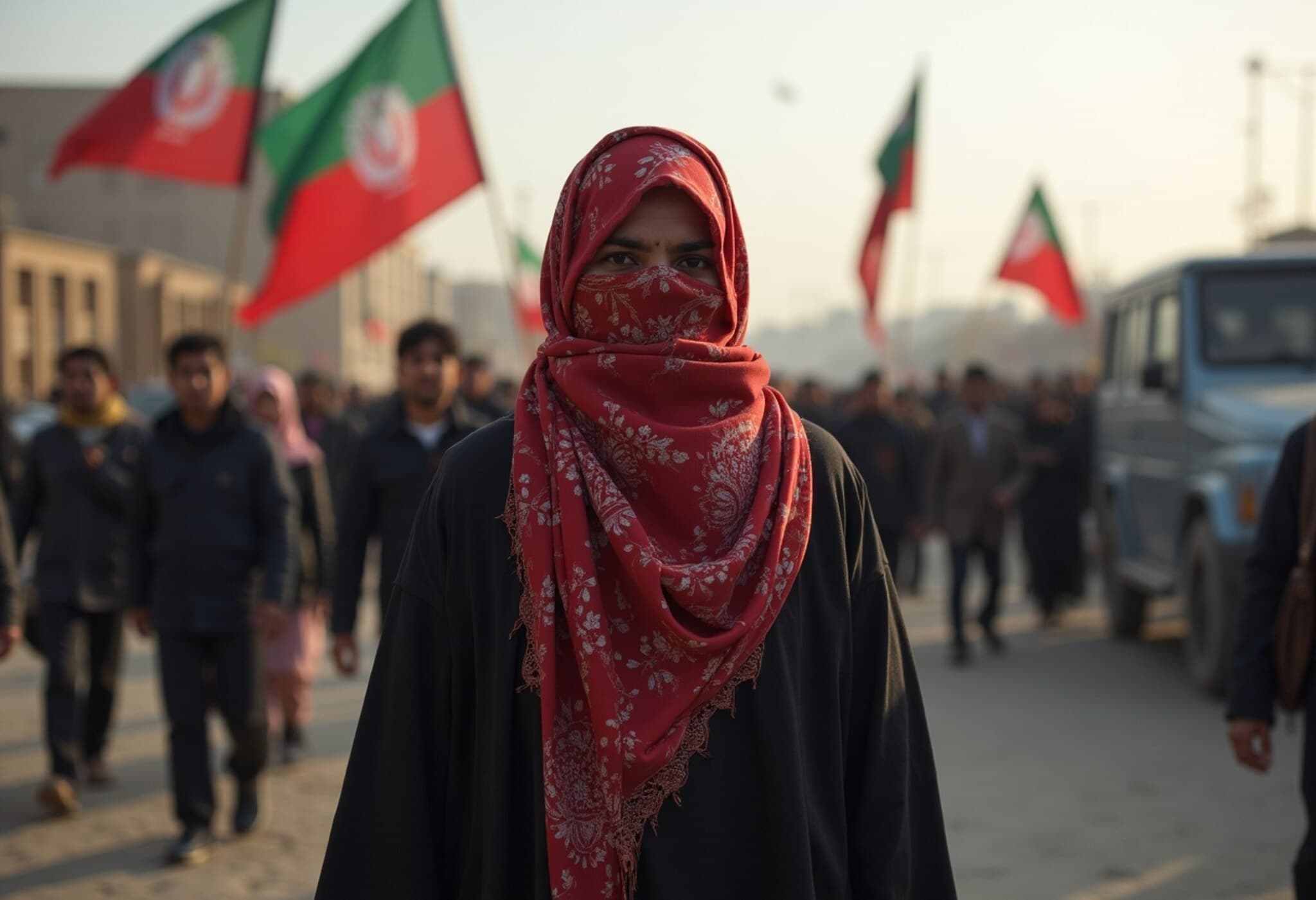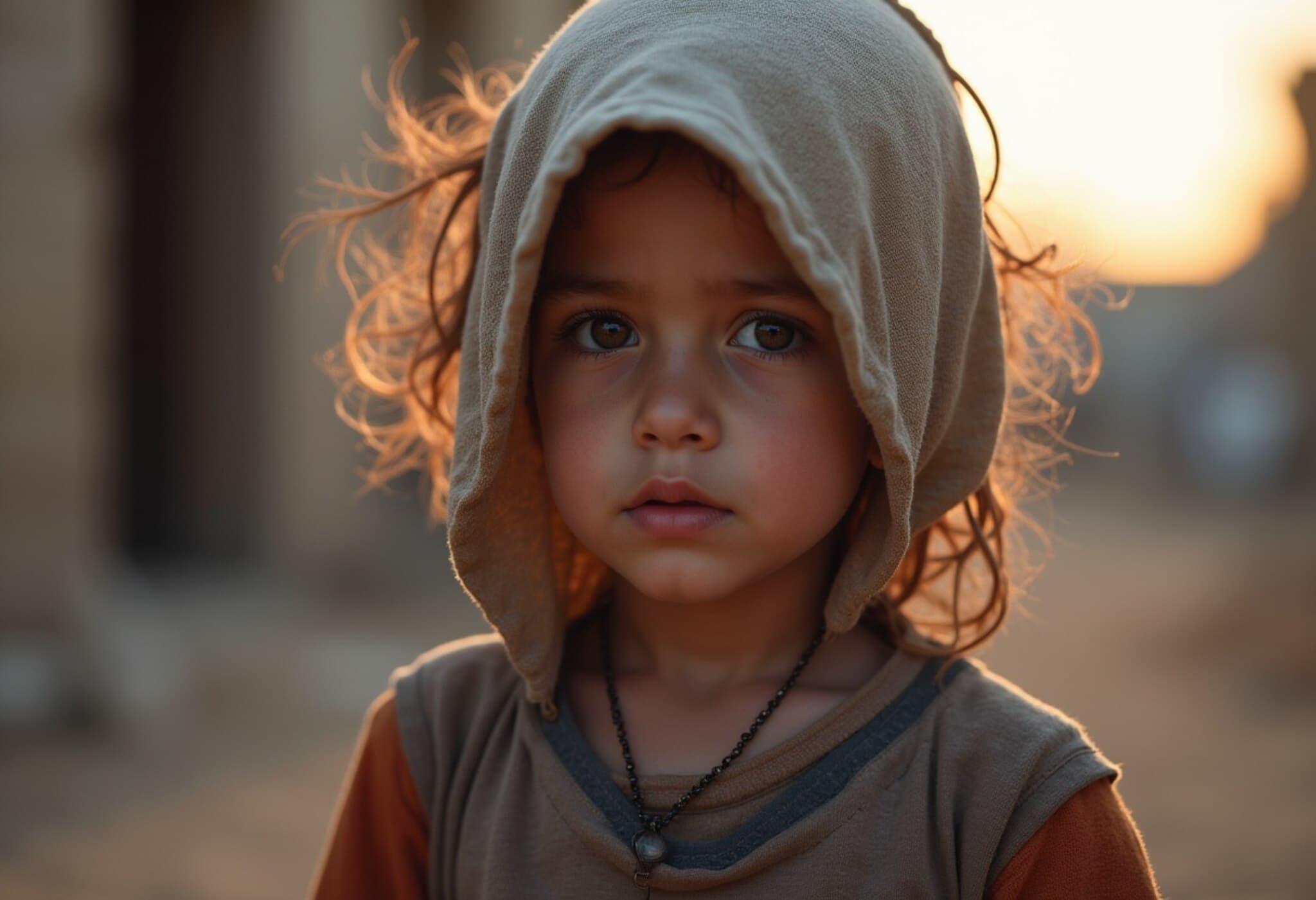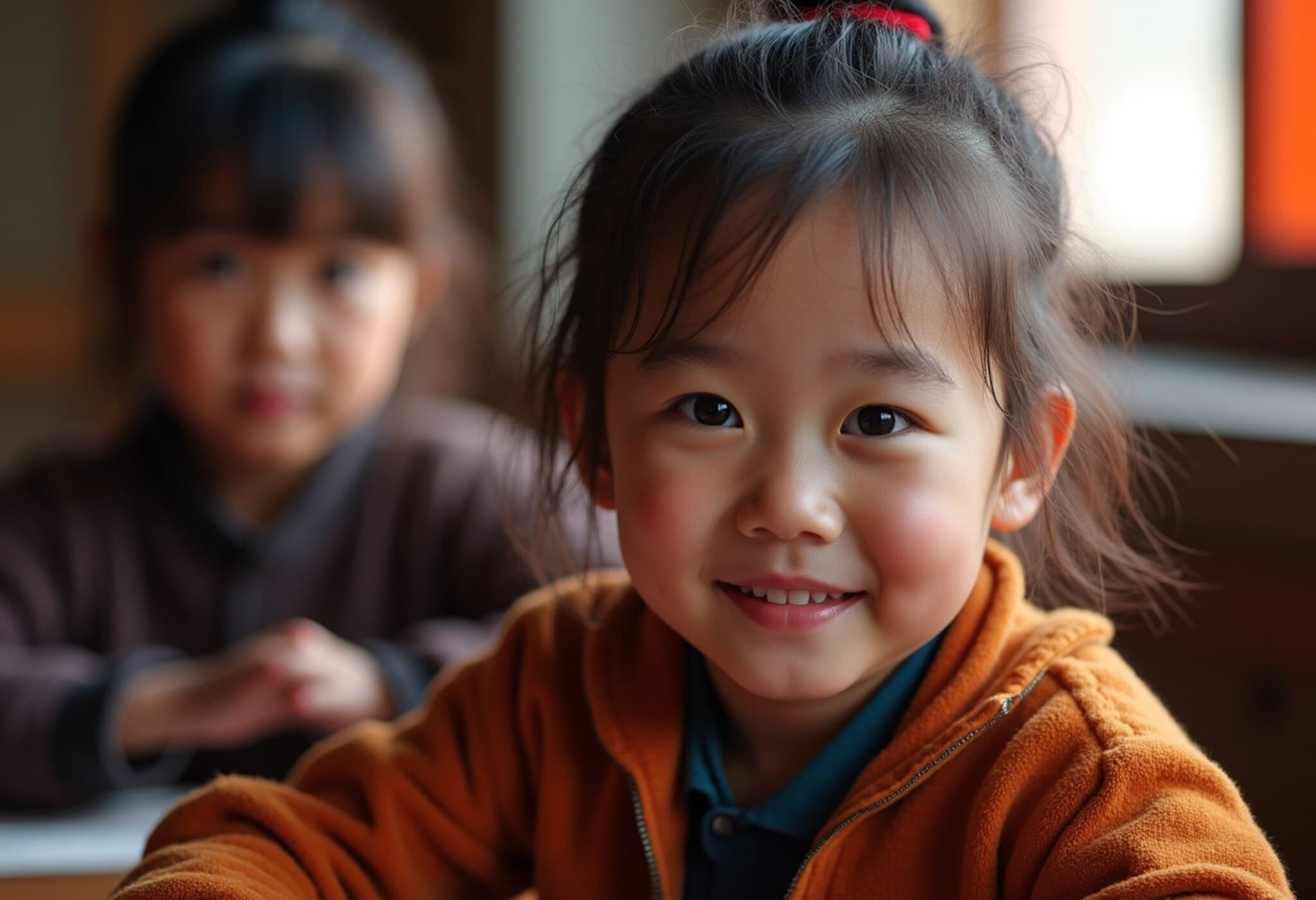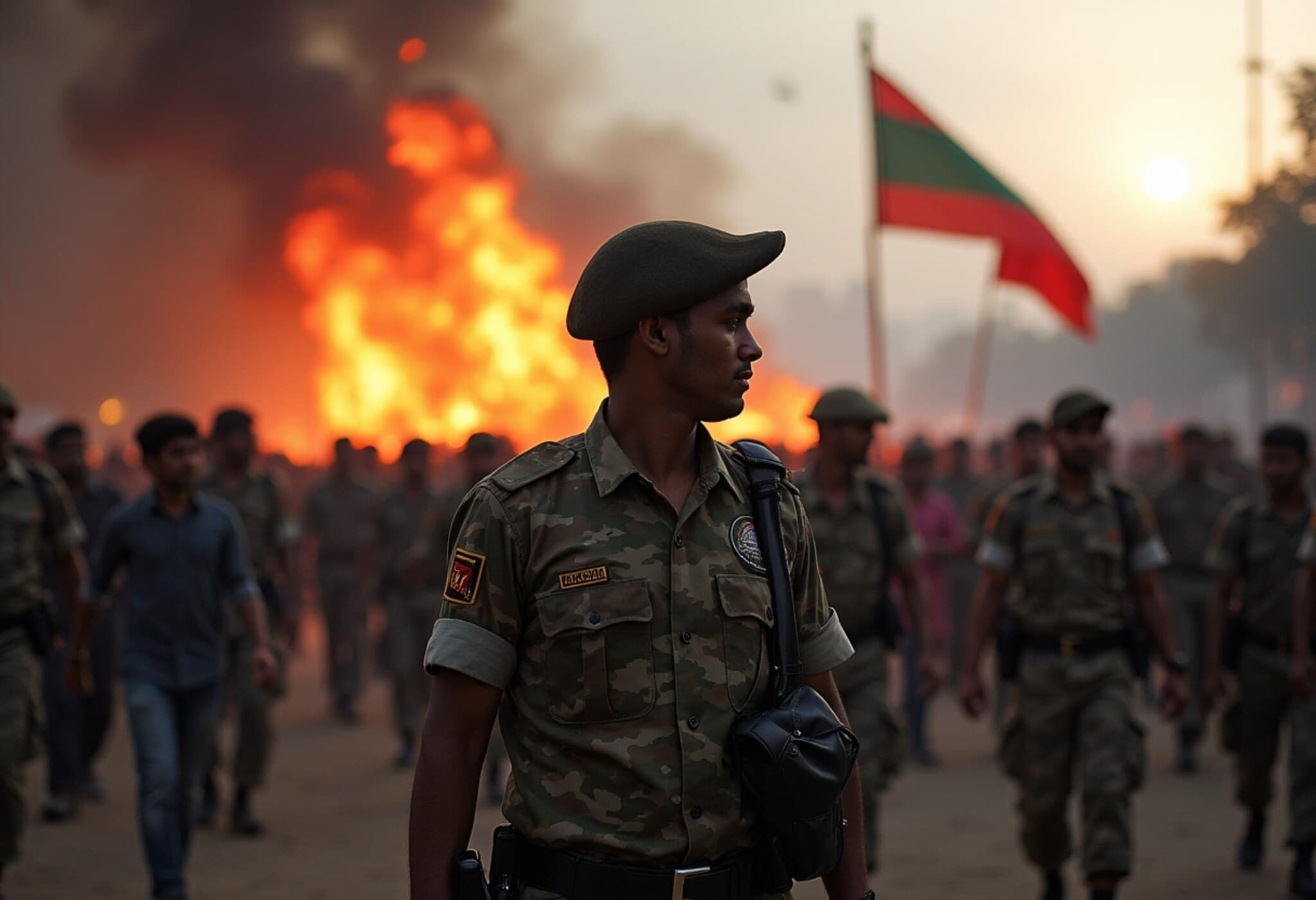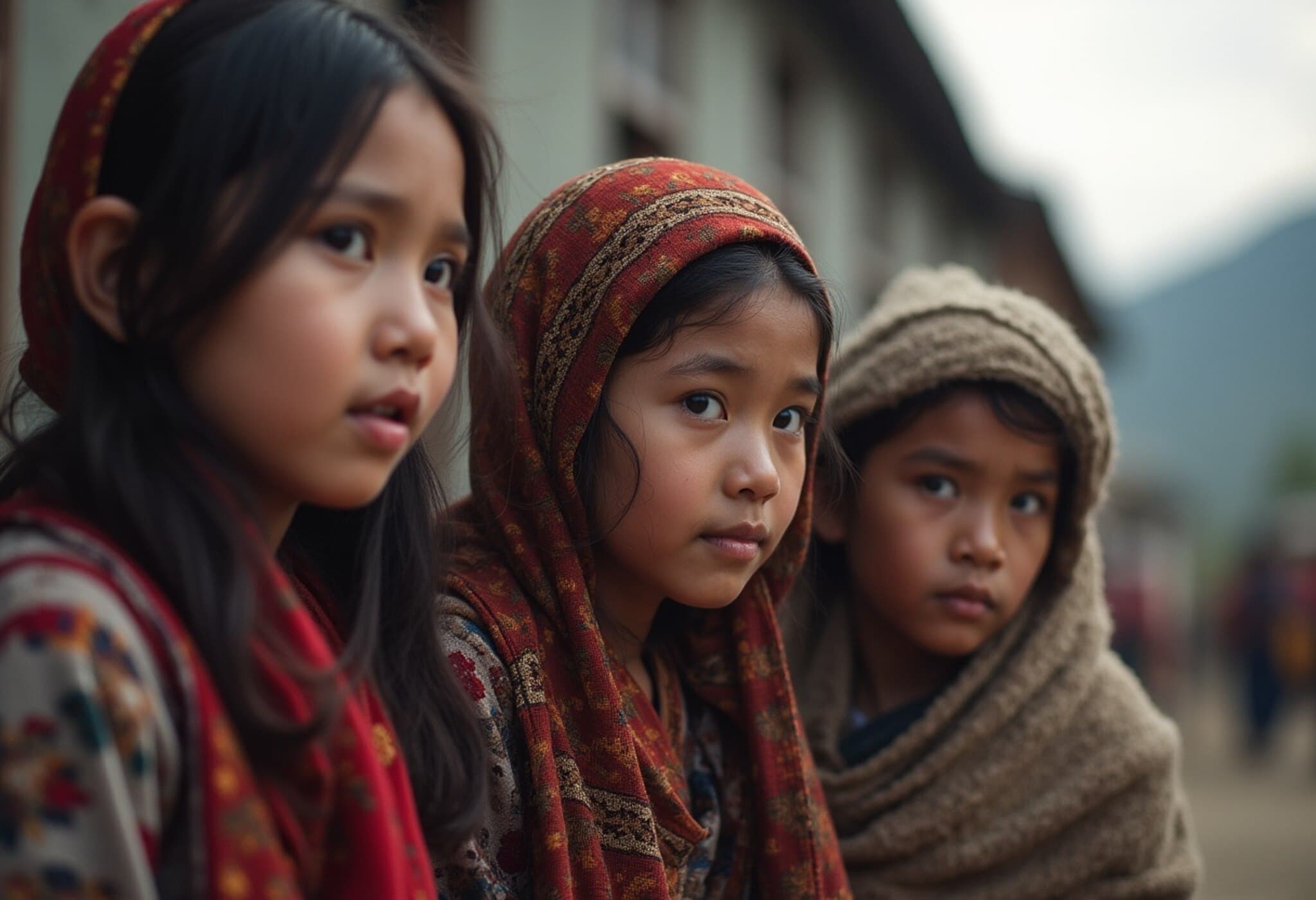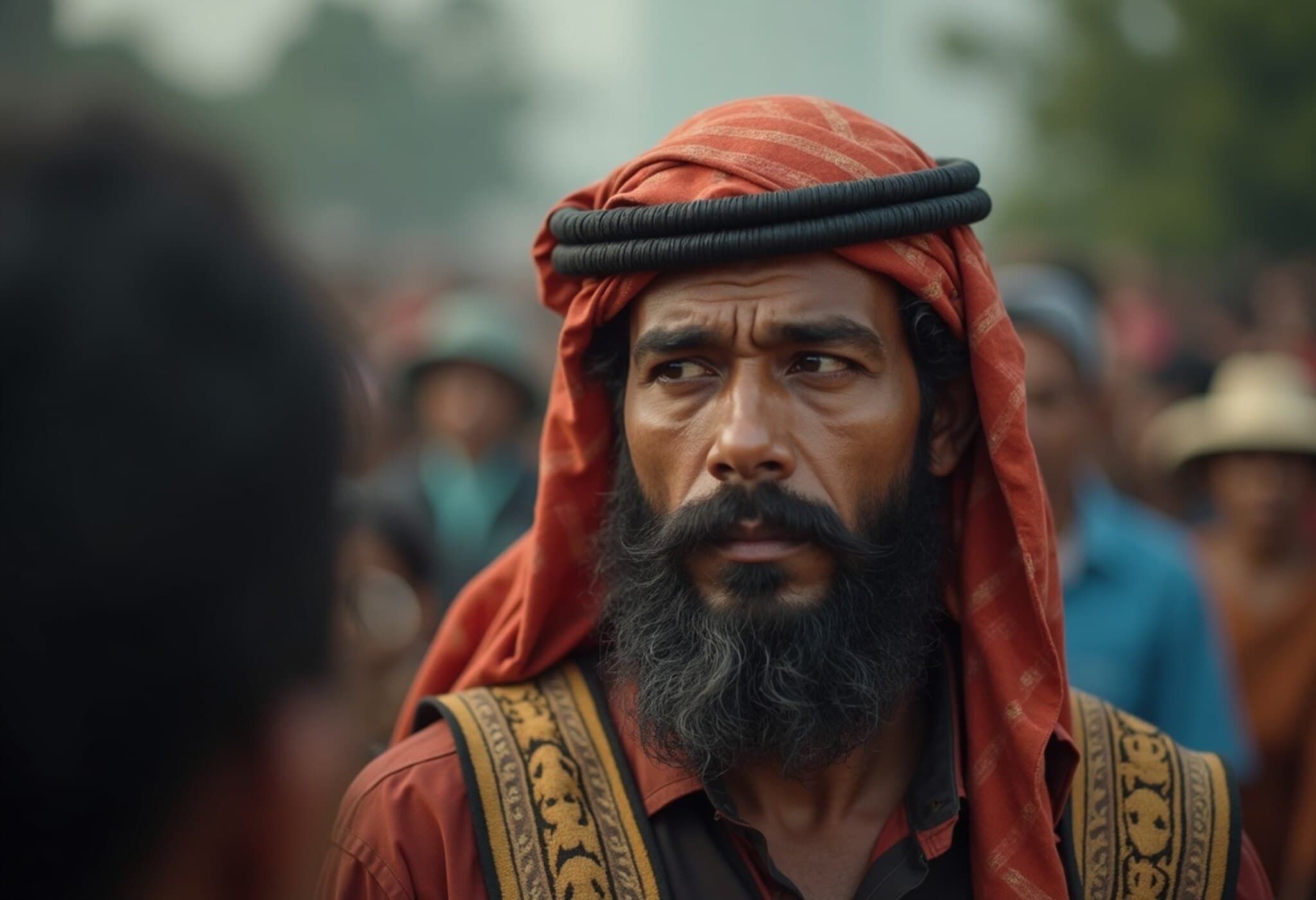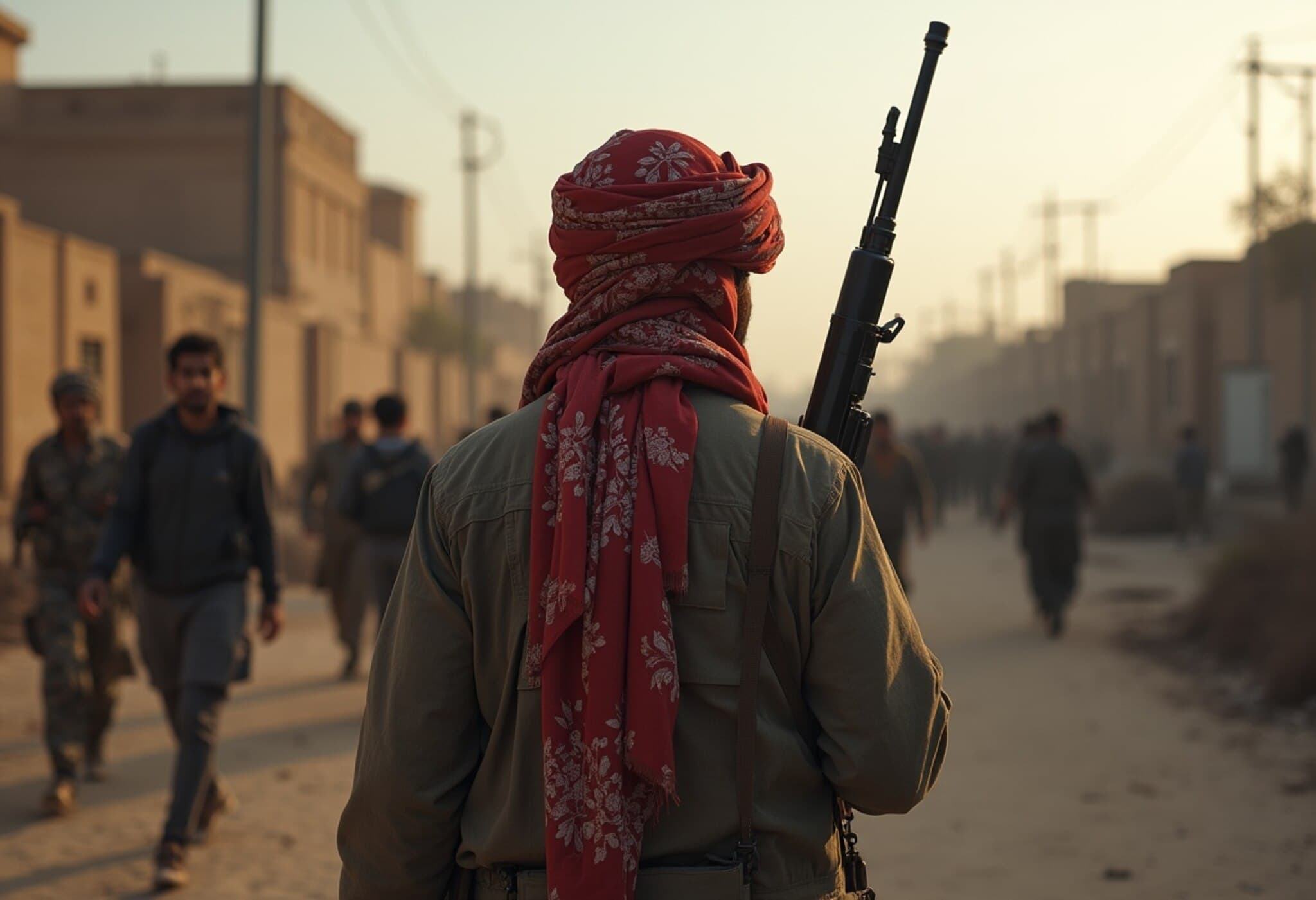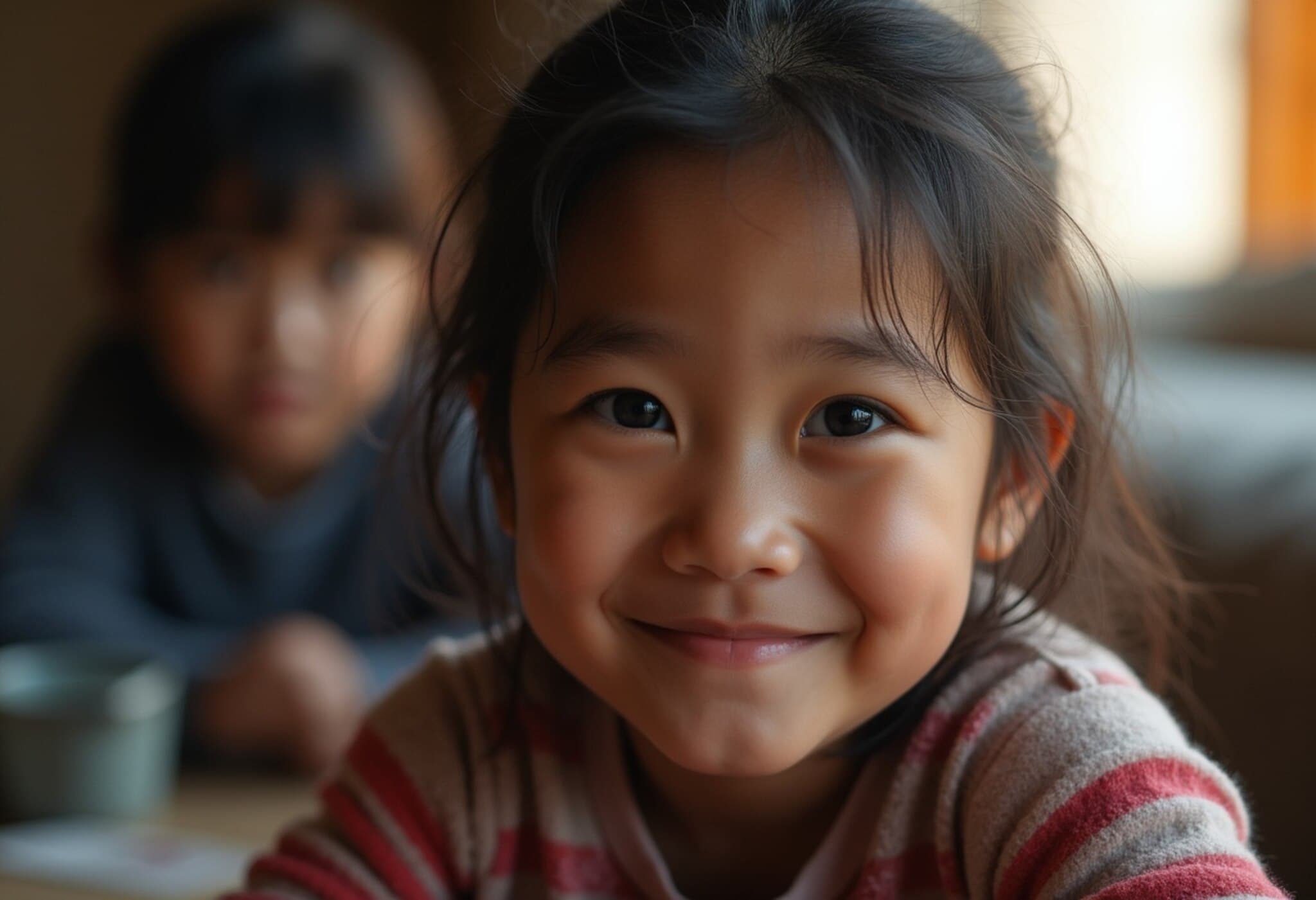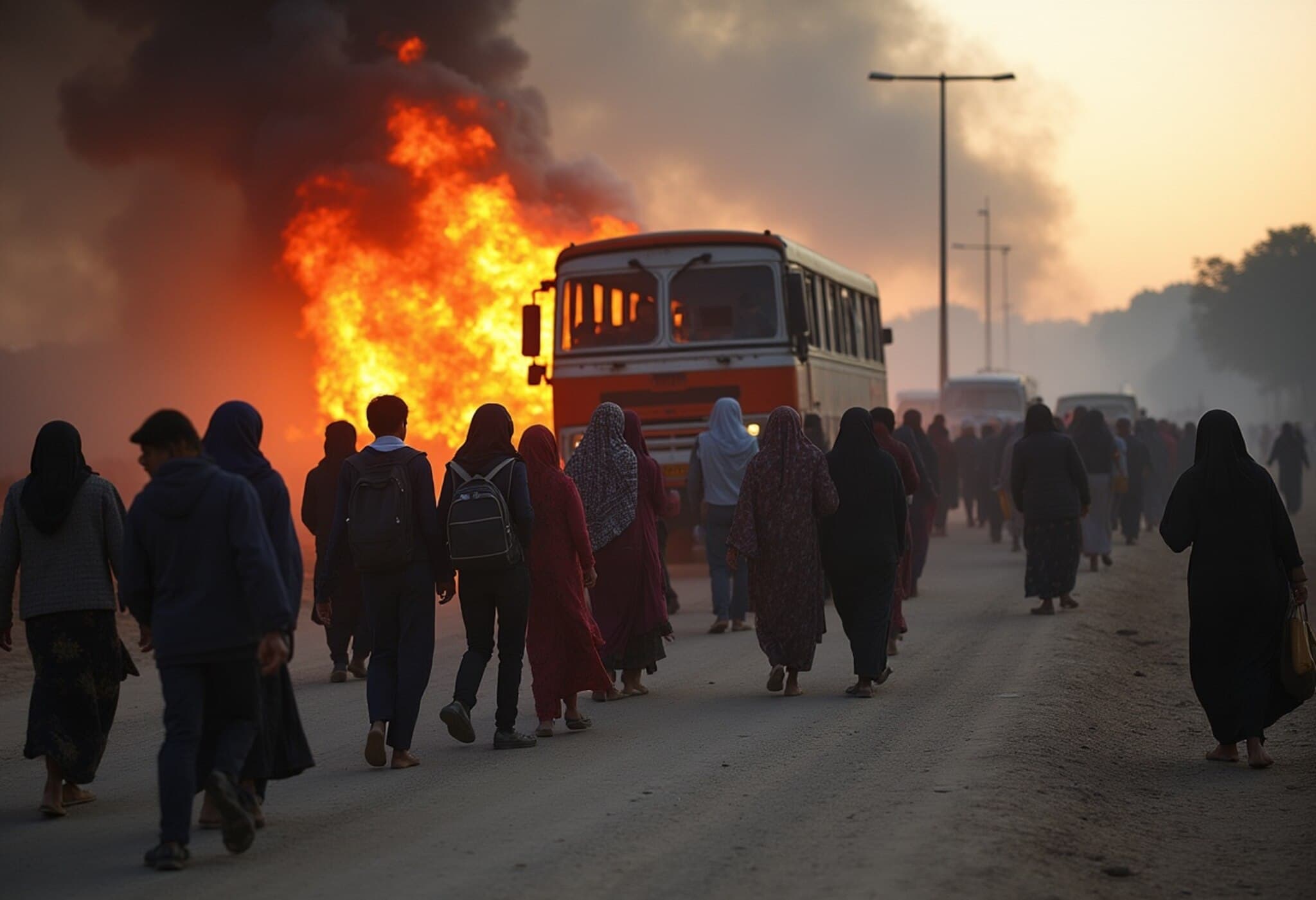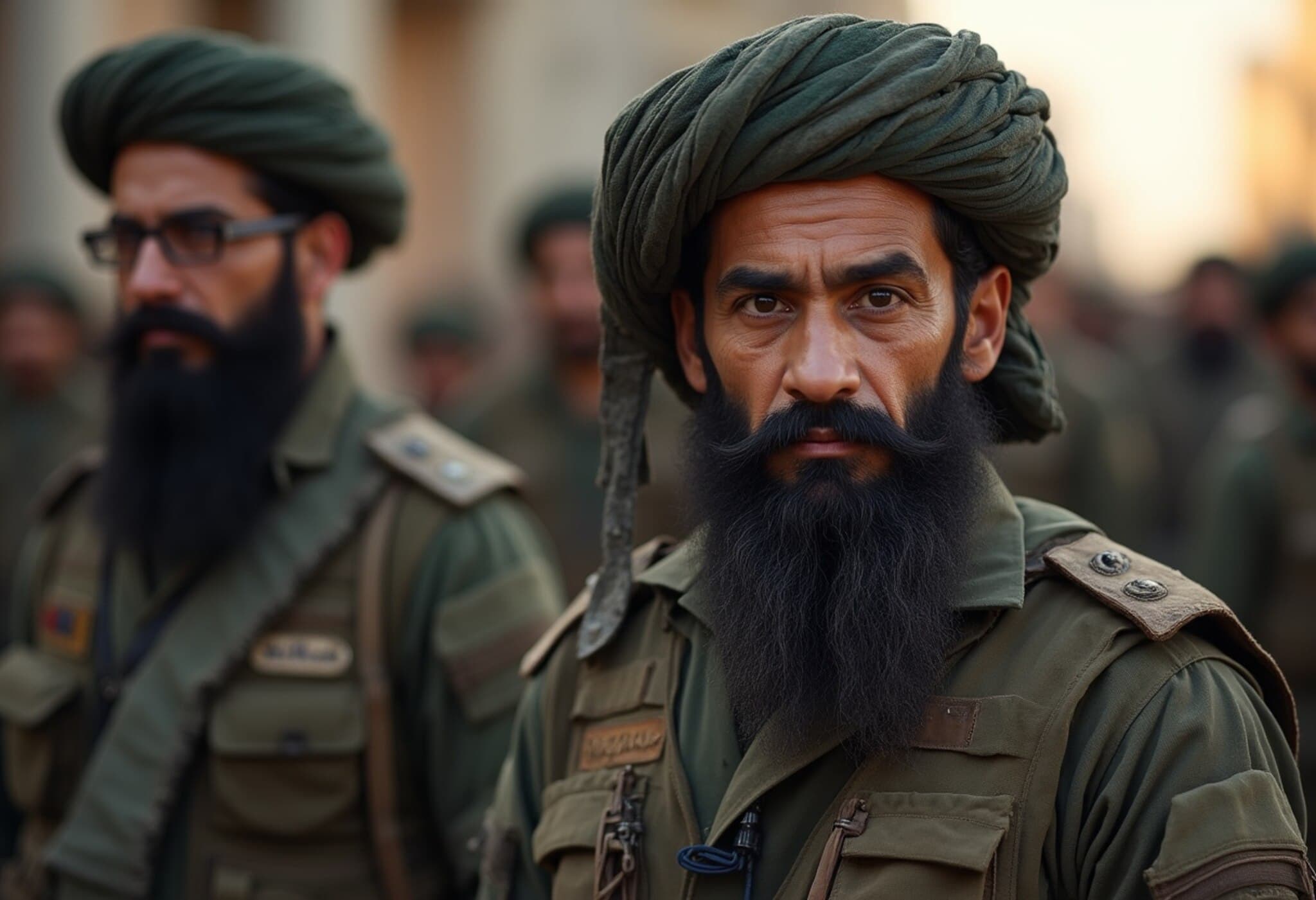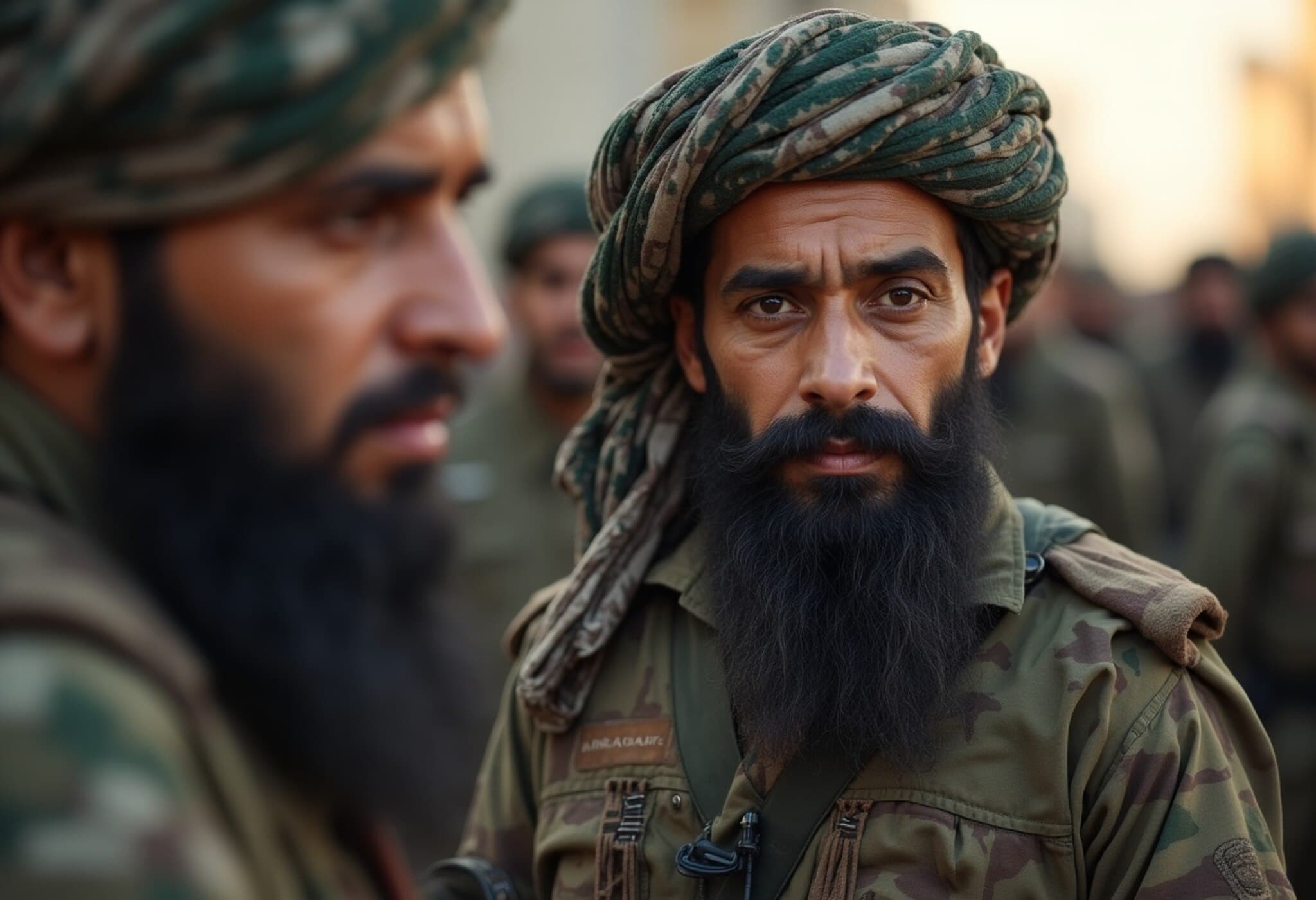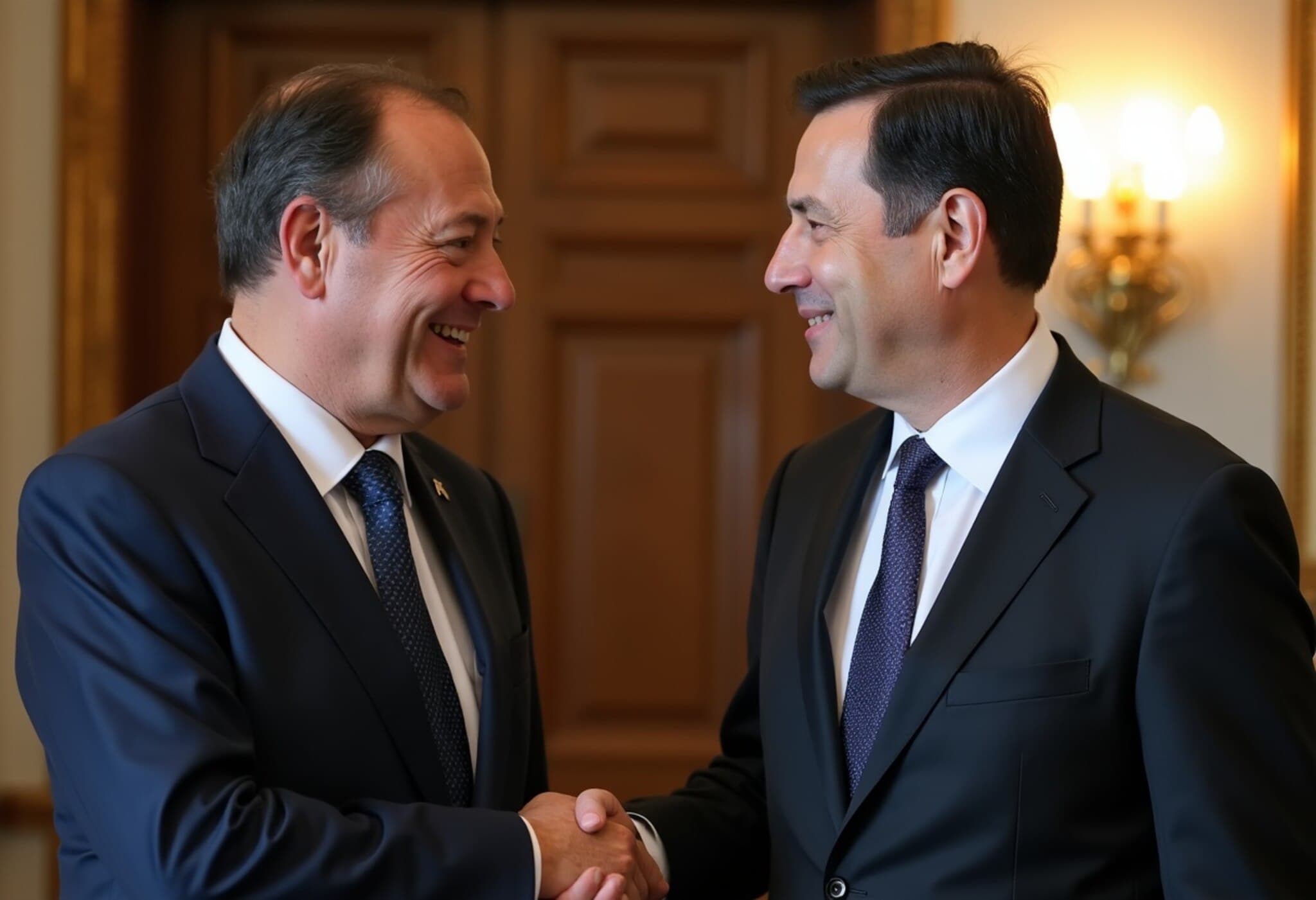Taliban Intervention in Child Marriage Case Sparks Global Alarm
In a deeply troubling incident that has captured international attention, a six-year-old girl from Afghanistan's Helmand province was reportedly sold into marriage to a 45-year-old man. This alarming case, rooted in dire economic hardship, highlights the persistent challenges faced by Afghan women and children under Taliban rule.
Details of the Marriage Arrangement
The marriage took place in the Marjah district, one of Helmand's most conflict-affected areas. Reports from local news source Amu.tv and Afghanistan's Hasht-e Subh Daily revealed that the girl's father, driven by financial desperation, agreed to the union with an already married man who has two wives. Such transactions underscore the intersection of poverty, cultural norms, and the absence of legal protections in Afghanistan.
Taliban’s Response: A Controversial Delay, Not Protection
While Taliban authorities have stepped in to postpone the marriage ceremony until the girl reaches nine years old, their intervention has done little to quell the outcry. Rather than condemning the practice outright or pursuing legal action, the regime's directive to "wait until she is nine" before consummation has been widely condemned by human rights organizations worldwide. Critics note that this minimal stipulation effectively condones child marriage, ignoring international conventions that classify such unions as violations of children’s rights.
Underlying Issues: Poverty, Gender Inequality, and Legal Gaps
This case is emblematic of broader systemic challenges facing Afghanistan today:
- Economic Desperation: Families under extreme financial strain may view child marriage as a grim survival strategy.
- Patriarchal Norms: Traditional attitudes continue to devalue the autonomy and wellbeing of girls.
- Legal Ambiguity and Enforcement Deficits: Despite international law and some national statutes prohibiting child marriage, enforcement remains weak, especially under Taliban governance.
International Reactions and Implications
The global community has vehemently opposed Afghanistan's permissive stance on child marriage, with many countries withholding formal recognition of the Taliban government until it enforces women’s and children’s rights in alignment with international standards. This incident has intensified scrutiny of the regime’s credibility and its willingness to protect vulnerable populations.
Human rights experts emphasize that child marriage not only violates fundamental rights but also contributes to cycles of poverty, ill health, and limited access to education—consequences that Afghanistan can ill afford amid ongoing humanitarian crises.
Expert Insight: What This Means for Afghan Children and Women
From a policy perspective, the case starkly illustrates the acute need for comprehensive legal reforms coupled with economic support programs for impoverished families. Experts advocate for:
- Stronger enforcement of minimum age laws for marriage.
- Community education initiatives challenging entrenched gender biases.
- International aid targeted at alleviating poverty to reduce forced marriages.
Without such interventions, the cycle of exploitation threatens to persist, with Afghan girls remaining trapped in harmful traditions under the guise of cultural acceptance.
Looking Ahead: Balancing Cultural Sensitivities and Human Rights
The situation poses a difficult challenge for international policymakers striving to respect Afghan culture while upholding universal human rights. The Taliban’s conditional approval undermines global efforts to protect children, raising profound questions about the future of women and girls in Afghanistan.
Will increased pressure and engagement from the international community yield meaningful change, or will such practices remain entrenched under Taliban rule? This is the critical question confronting human rights advocates worldwide.
Editor’s Note
This distressing incident is not just an isolated tragedy but a reflection of the complex socio-political realities in Afghanistan. It underlines how economic desperation and oppressive governance structures can combine to perpetuate human rights violations. Readers are encouraged to consider the broader implications of child marriage in conflict zones, the role of international diplomacy, and the urgent need for policies that prioritize the welfare and rights of the most vulnerable—especially girls trapped at the intersection of poverty and patriarchal systems.

